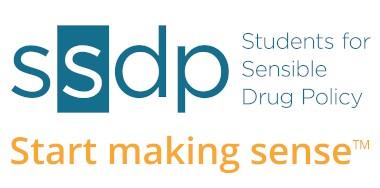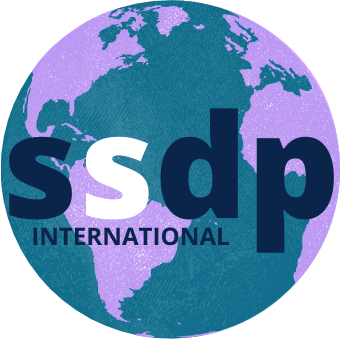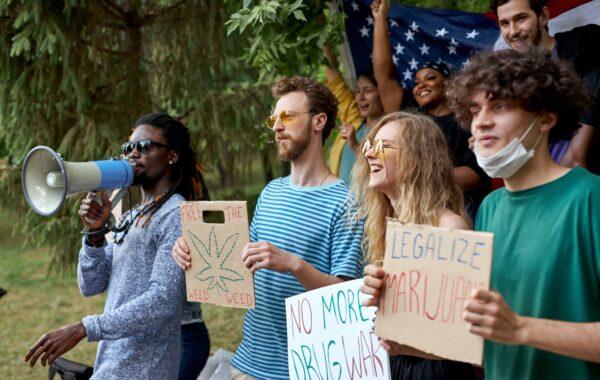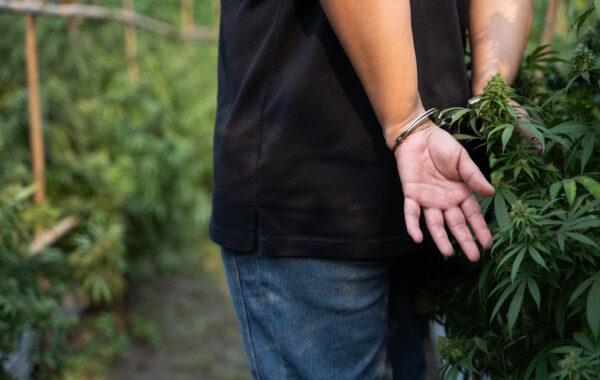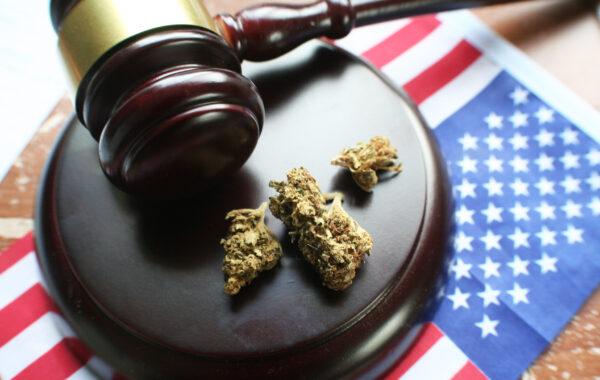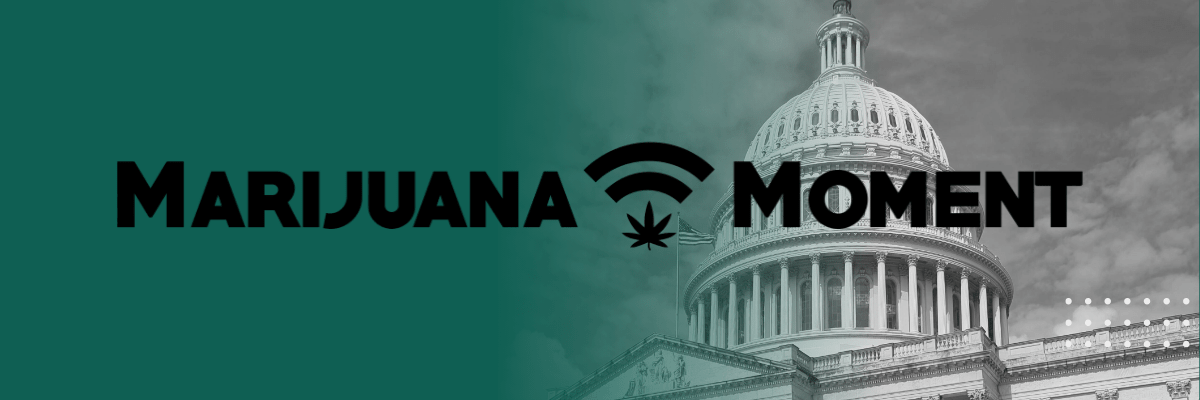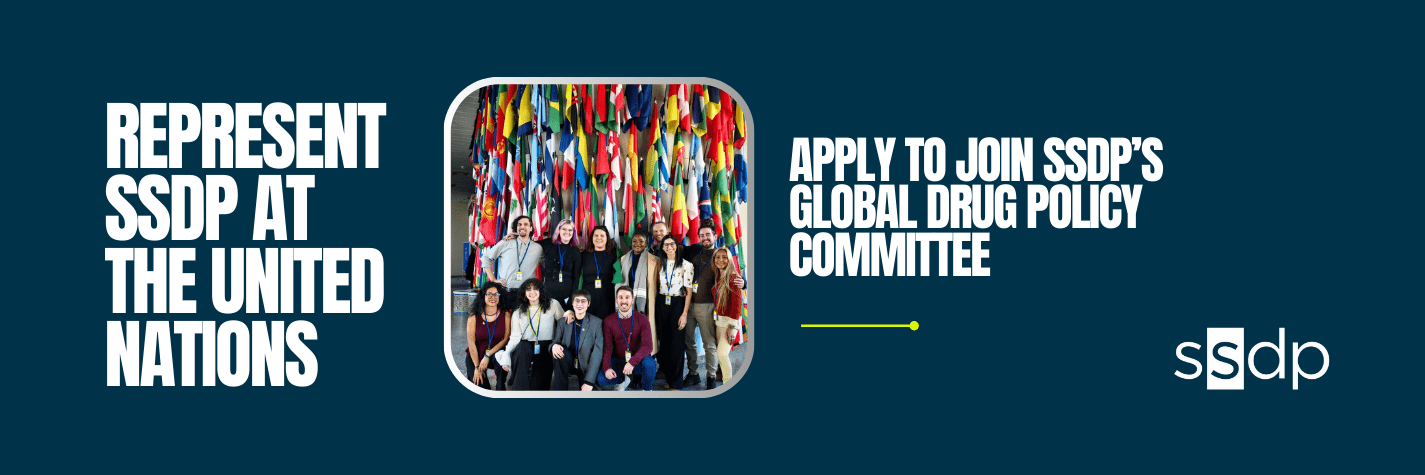Uniting for Change: SSDP’s 4/20 Week of Unity – A Call to Transform Cannabis Justice
In a world often divided by political lines and industry interests, a groundbreaking movement is stirring.
Students for Sensible Drug Policy (SSDP) is leading the charge towards a future where cannabis justice is not just a dream, but a tangible reality.
This April, the SSDP is set to host a monumental event – the 4/20 Week of Unity. It’s more than a day; it’s a call for unity, action, and transformation in the realm of cannabis justice.
The Journey to Unity
The road to the 4/20 Week of Unity hasn’t been an easy one. Our movement, passionate about justice and change, has often found itself entangled in political infighting. Precious time and energy that could have been spent making a real difference were lost in internal conflicts. However, the tides are turning.
In November 2023, a pivotal moment occurred: a strategy session, a gathering of the minds, where key players in the cannabis justice conversation came together. This wasn’t just another meeting; it was a gathering of diverse voices – from both the political left and right, and influential figures from the cannabis industry. The goal? To find common ground and set unified priorities for 2024.
A Consensus for Change
The outcome was more than hopeful; it was revolutionary. Together, we reached a consensus on two critical initiatives: cannabis descheduling and retroactive justice. These aren’t just policy points; they’re lifelines to thousands affected by outdated and unjust cannabis laws.
The Launch of the 4/20 Week of Unity
Fueled by this newfound unity, SSDP joined forces with the Last Prisoner Project, to push for a massive 4/20 lobby day that would publicly bring together these three factions—left, right, and industry—to demand Congress stop passing the buck and take cannabis justice seriously. As we continued planning, that single 4/20 Lobby Day—itself boasting the largest bipartisan coalition of cannabis justice advocates—has transformed into a week-long series of events. Our 4/20 Week of Unity isn’t just another date on the calendar; it’s the heartbeat of SSDP’s 2024 efforts for cannabis justice.
4. Why We Fight
Just one in ten Americans still believe cannabis should be illegal. So, it’s no surprise that twenty-four states and the District of Columbia have legalized cannabis sales, while medical marijuana is legal in the vast majority of the country, including our nation’s capital. And yet, there are nearly 3,000 Americans who are serving long term sentences—some life sentences—in federal prison (and tens of thousands more at the state and local levels) for conduct involving amounts of cannabis that are far less than what dispensaries handle on a daily basis. Meanwhile, those who helped build what is now the legal cannabis industry are often not only locked out of this growing segment of the economy because of prior cannabis charges, but face ongoing discrimination and seemingly insurmountable obstacles to obtaining education, housing, and employment, blocking their ability to advance their quality of life and leading to a continuous cycle of economic hardship. While one-off measures like pardons, expungement, and similar actions can help bring individuals relief, the quickest and most effective way to ensure these Americans receive justice—and to prevent future miscarriages of justice—is through mass executive clemency and sweeping policy change. It is not enough to simply treat the symptoms of bad cannabis policy; we must fix the problem at its root cause.
Why Now?
Going into the 2024 election cycle, both Republicans and Democrats are counting on the youth vote. SSDPers have the power to pressure decisionmakers on both sides of the aisle—from the statehouse to the White House—to do the right thing and not just finally legalize cannabis fully but release all cannabis prisoners and allow them to fully reintegrate into society, where they belong. Through a coordinated nationwide effort to force cannabis clemency into the conversation around cannabis legalization, we will demonstrate that cannabis justice is a pivotal issue—one on which any politician hoping to win votes must take a stand. The 4/20 Week of Unity is designed to start a wave of justice that will ripple throughout the country at the federal, state, and local levels. Our country’s cannabis policies must be completely overhauled, and re-centering criminal justice is strategically the best shot we have at unifying the movement and creating an infrastructure capable of finally ending the war on cannabis users once and for all.
A Call to Action
We understand the power of numbers and the impact of collective voices. That’s why we’re tirelessly fundraising to bring as many SSDP chapter members and alumni to Washington D.C. as possible. SUPPORT OUR WORK. It’s not just about showing up; it’s about making a statement that’s impossible to ignore. The more activists we bring to D.C., the louder our call for change will echo through the halls of Congress and beyond. SEE KEY EVENT DETAILS HERE.
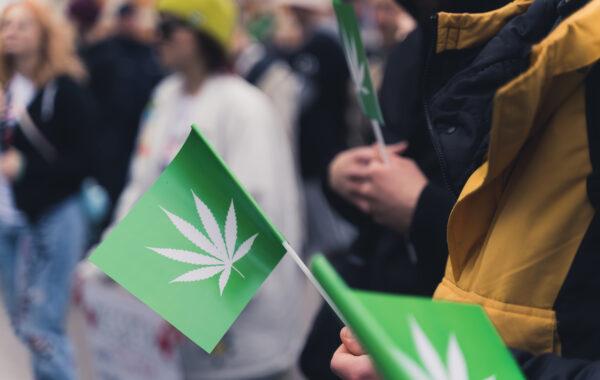
Join Us!
This April, we’re not just marking a date on the calendar; we’re igniting a movement. The 420 Week of Unity is a testament to what we can achieve when we set aside differences and unite for a common cause. It’s a celebration of diversity, unity, and the power of collective action. Join us, support us, and be part of this historic wave of change. Together, we can turn the tide towards a future where cannabis justice is not just a possibility, but a reality. SIGN UP TO ATTEND (OR SUPPORT US FROM HOME). We are asking participants to plan to arrive in D.C. on Tuesday, April 16th and leave on Sunday, April 21st. Scholarships may be available for those who apply early. The planned schedule of events connected with our 4/20 Week of Unity continues to grow, and will likely also include several other bonding activities and opportunities to network, such as sightseeing in D.C., shared meals, and attending concerts put on by the National Cannabis Festival, all of which we believe crucial to our ongoing efforts as they will help strengthen the social ties necessary to promote effective community organizing.
